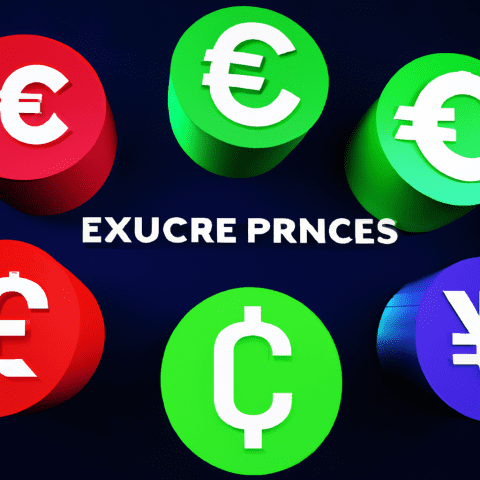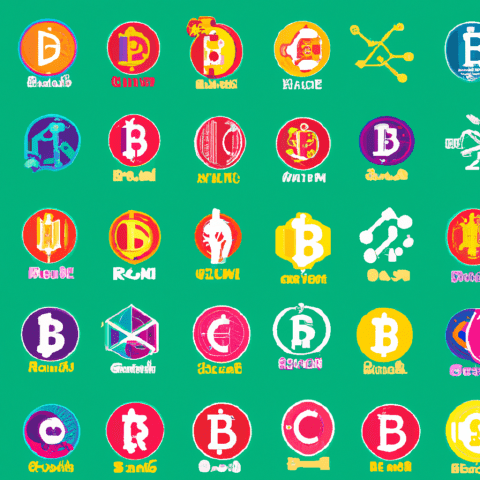In the ever-evolving world of cryptocurrency trading, navigating the vast landscape of exchanges can be a daunting task for newcomers and seasoned traders alike. From centralized platforms to decentralized exchanges, the options are endless, each offering unique features and benefits. In this article, we will delve into the differences between centralized and decentralized exchanges, explore the rise of DEXs in the crypto market, provide a comprehensive guide on how to swap cryptocurrencies, discuss strategies for maximizing liquidity on DEX platforms, and take a closer look at the most popular cryptocurrency exchanges such as Ethereum, Solana, and more. Whether you're looking to buy, sell, or swap crypto, understanding the intricacies of these platforms is crucial for successful trading. Join us as we unravel the world of crypto exchanges and help you make informed decisions in your trading journey.
1. "Navigating the World of Crypto Exchanges: Understanding the Differences Between Centralized and Decentralized Platforms"
Navigating the world of crypto exchanges can be a daunting task, especially for newcomers to the cryptocurrency space. One of the key distinctions to understand is the difference between centralized and decentralized platforms.
Centralized exchanges (CEXs) are traditional exchanges where users trade cryptocurrencies through a third party intermediary. These exchanges are typically run by a company or organization and require users to deposit their funds into the exchange's wallet. Examples of centralized exchanges include popular platforms like Coinbase, Binance, and Kraken.
On the other hand, decentralized exchanges (DEXs) operate without a central authority or intermediary. Instead, transactions are peer-to-peer, with users trading directly from their own wallets. This removes the need for users to trust a third party with their funds, as they retain control of their assets throughout the trading process. Some of the top DEXs in the market include Uniswap, SushiSwap, and PancakeSwap.
One of the main advantages of decentralized exchanges is the increased security and privacy they offer users. Since transactions are conducted directly between users, there is no need to entrust a central entity with sensitive information. Additionally, DEXs often have higher levels of liquidity, as they allow users to contribute to liquidity pools and earn rewards in the form of trading fees.
When it comes to swapping cryptocurrencies, both centralized and decentralized platforms offer this service. Crypto swaps allow users to exchange one cryptocurrency for another, providing them with a seamless way to diversify their portfolios. Whether you're looking to buy Bitcoin, sell Ethereum, or trade Solana, there are a variety of exchanges and DEXs that can cater to your needs.
In conclusion, understanding the differences between centralized and decentralized exchanges is crucial for navigating the world of crypto trading. Whether you prefer the security and privacy of DEXs or the convenience of CEXs, there are plenty of options available for buying, selling, and swapping cryptocurrencies.














